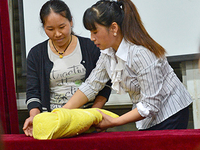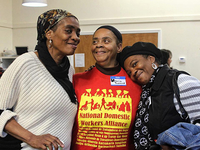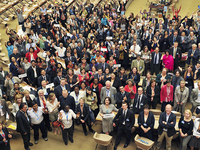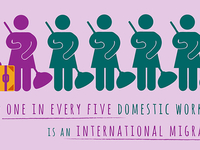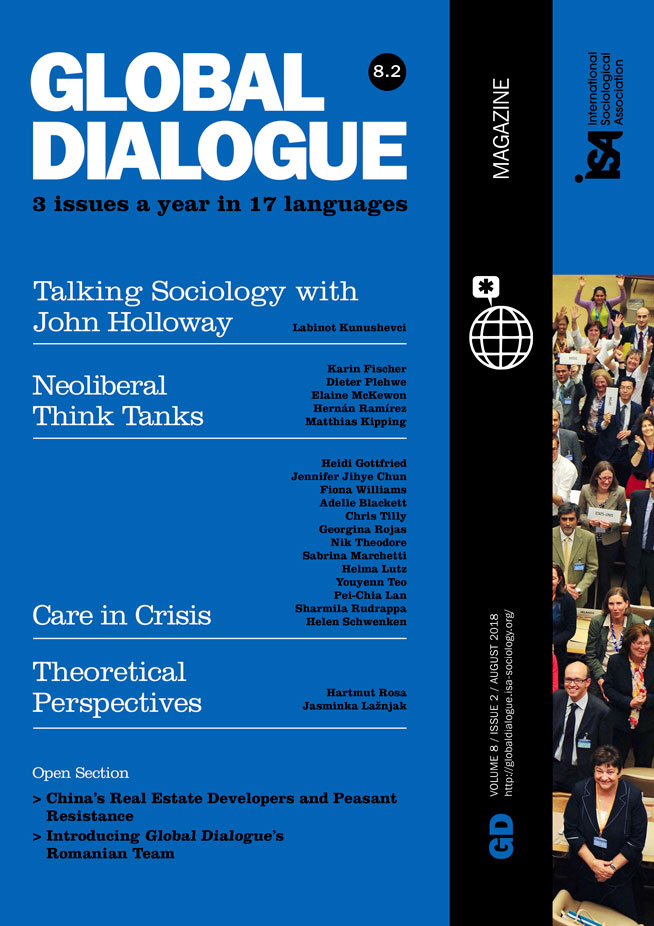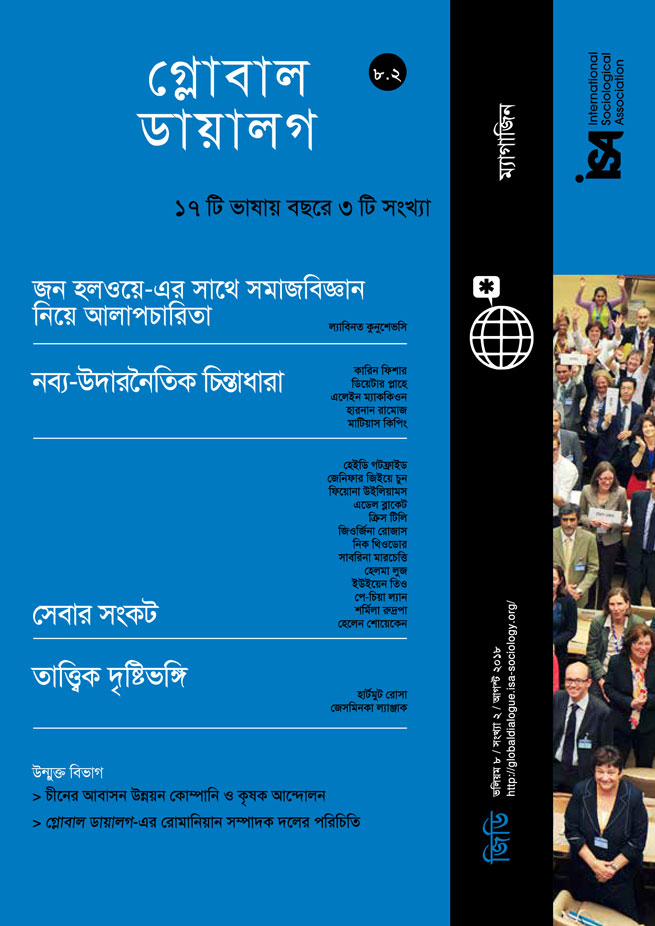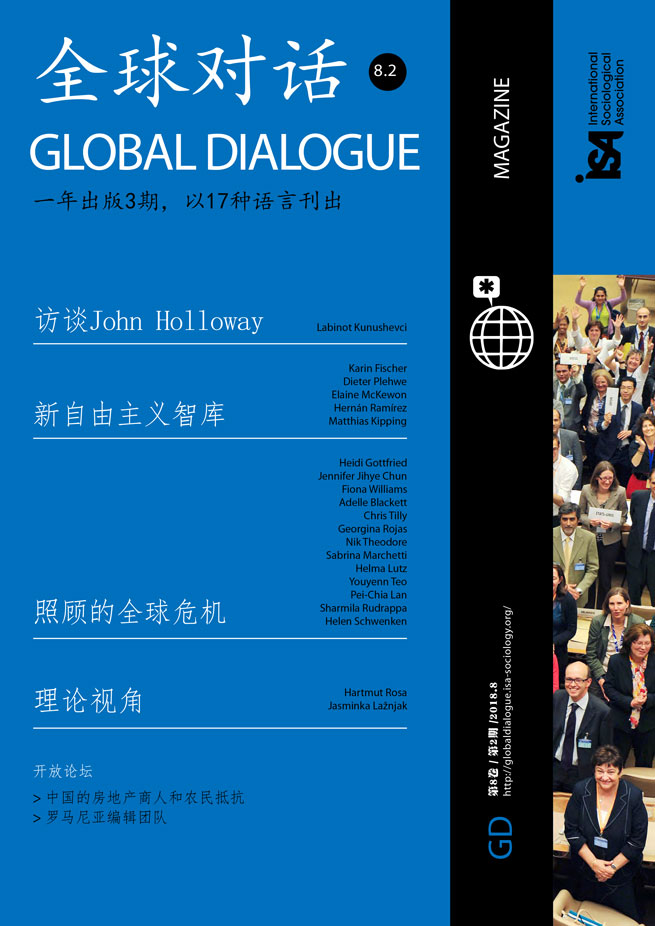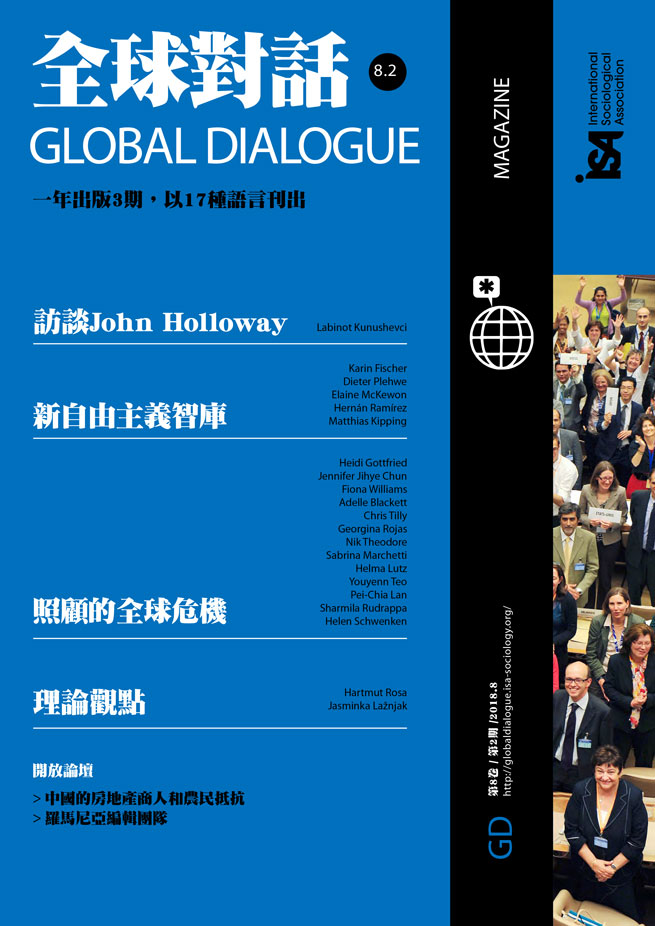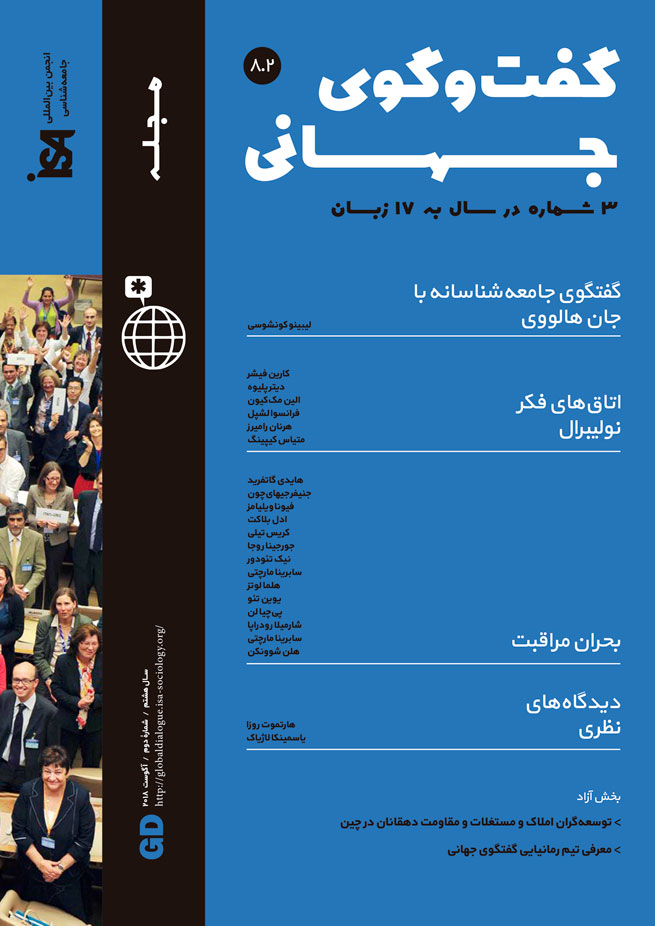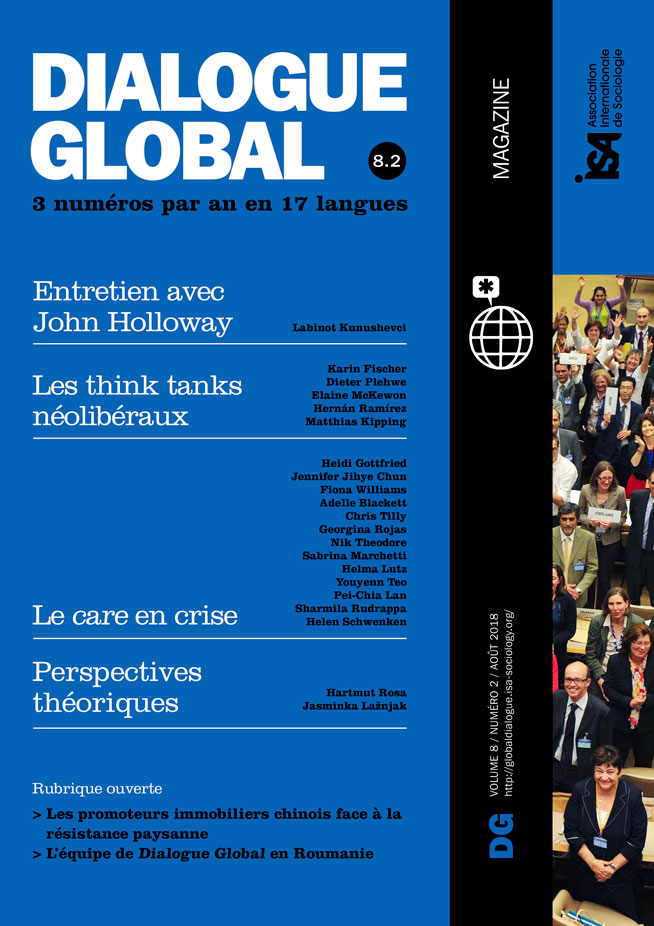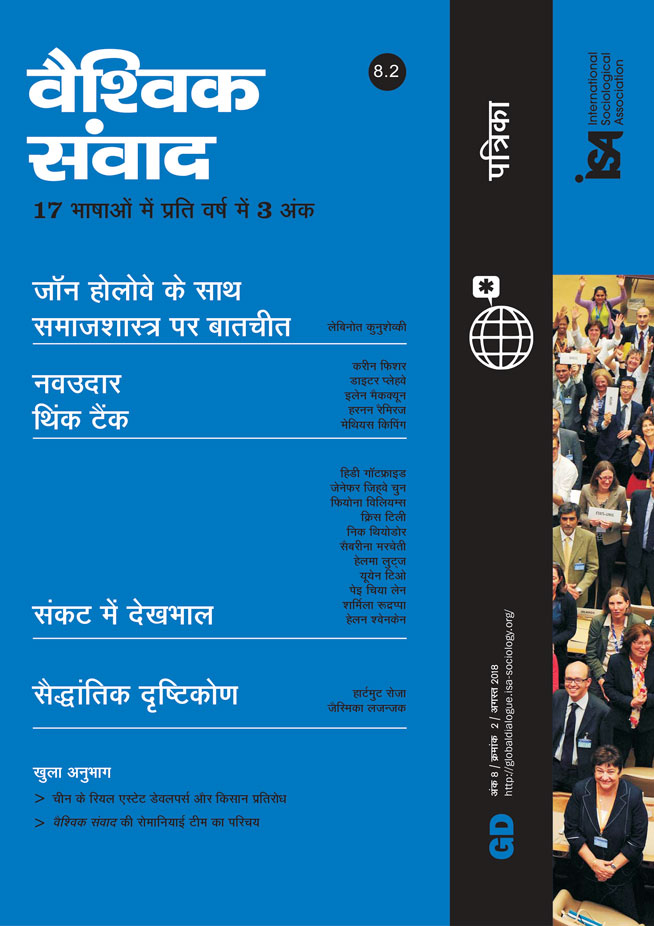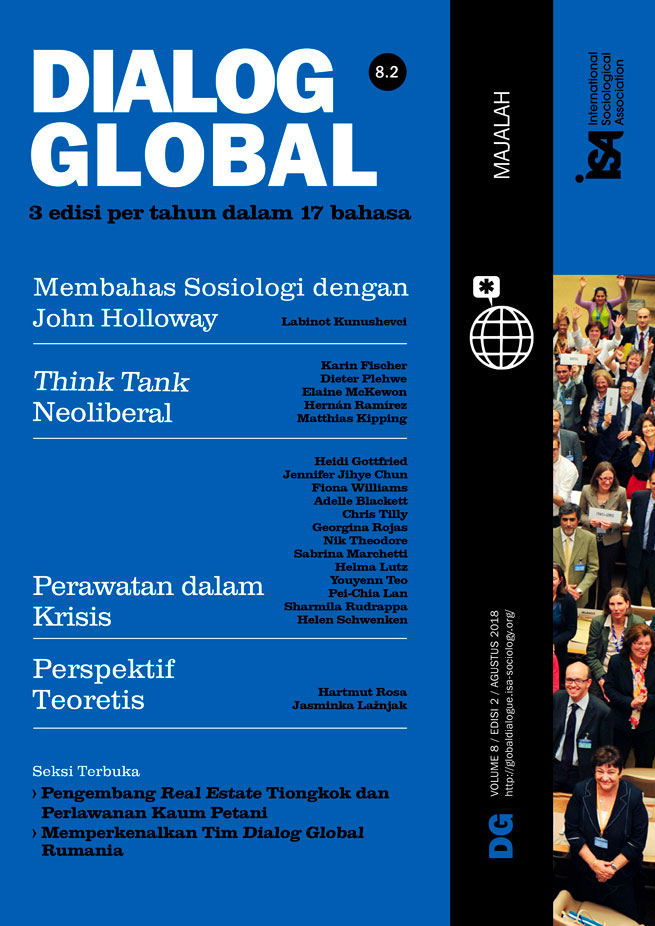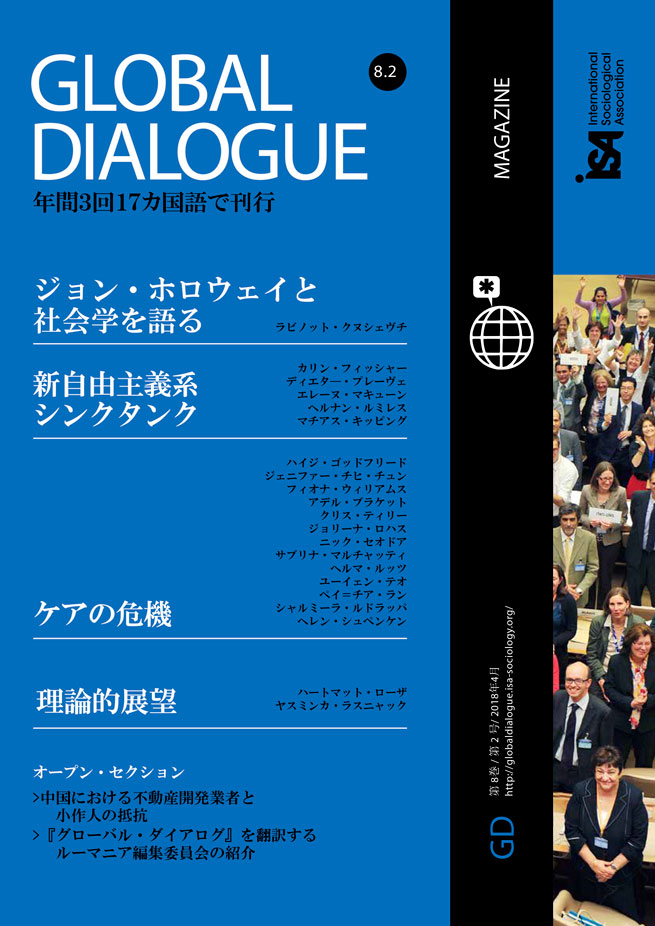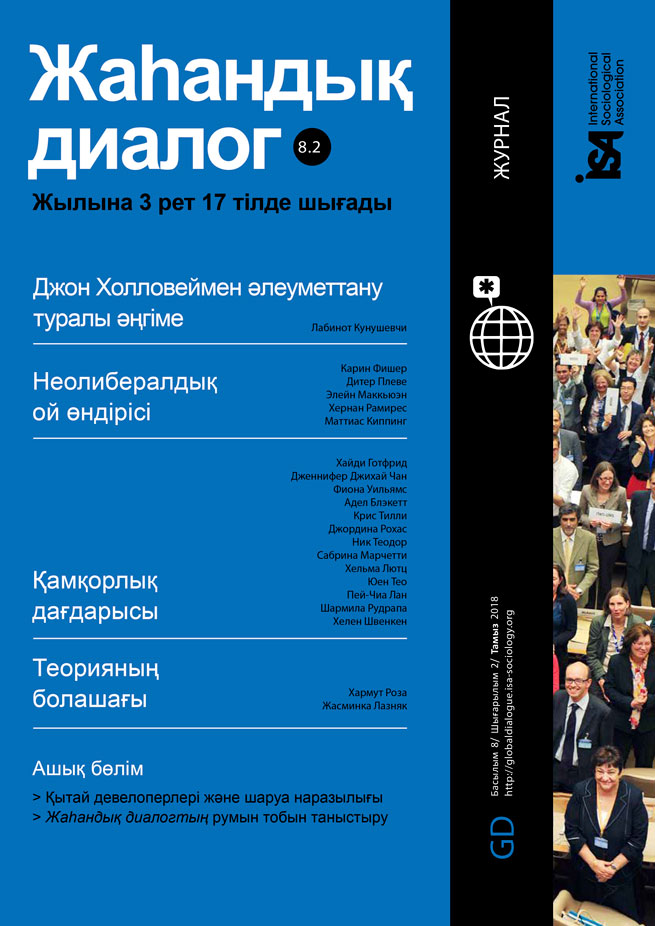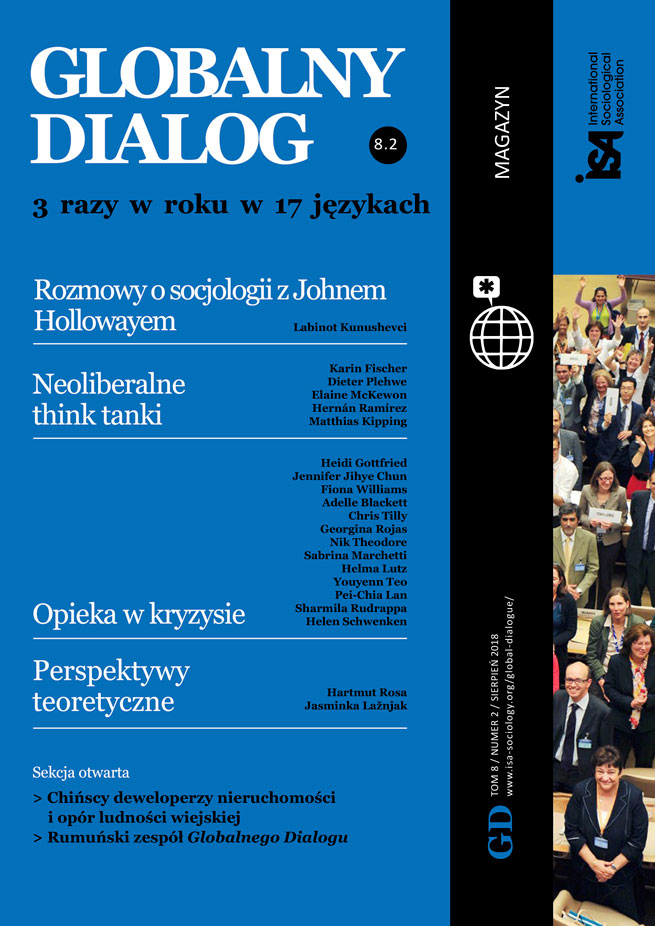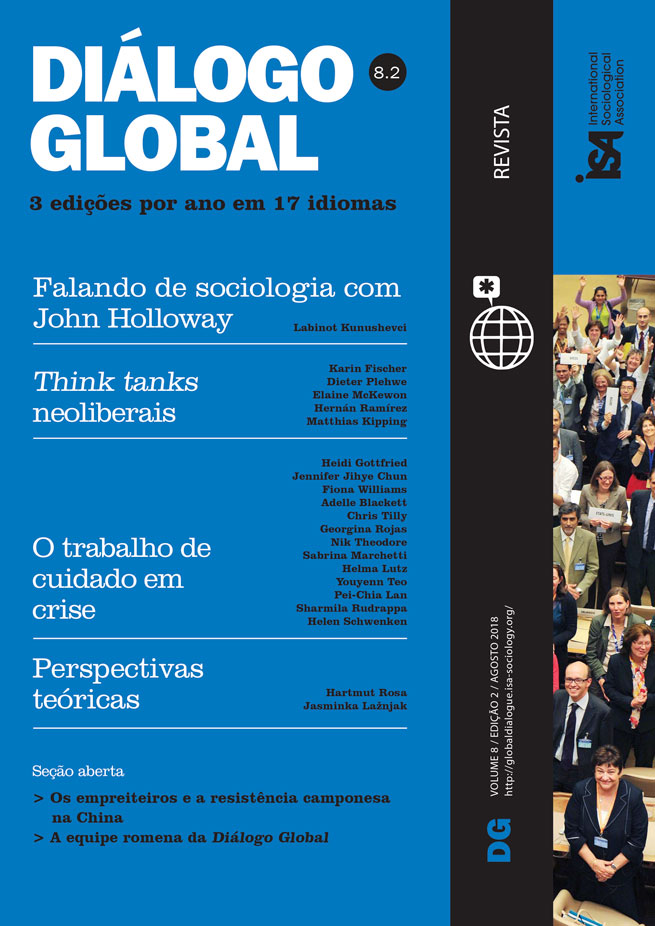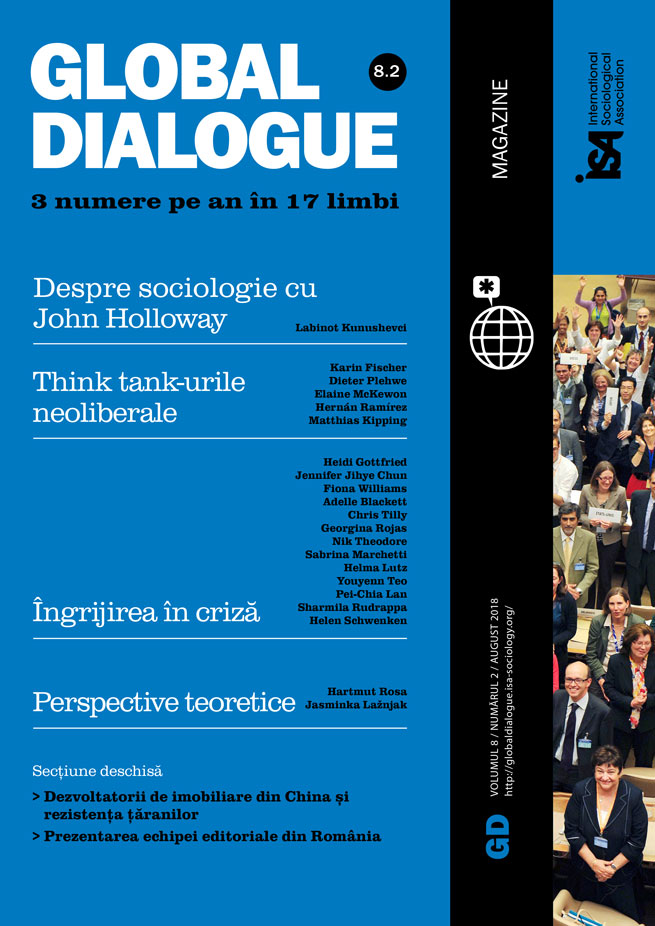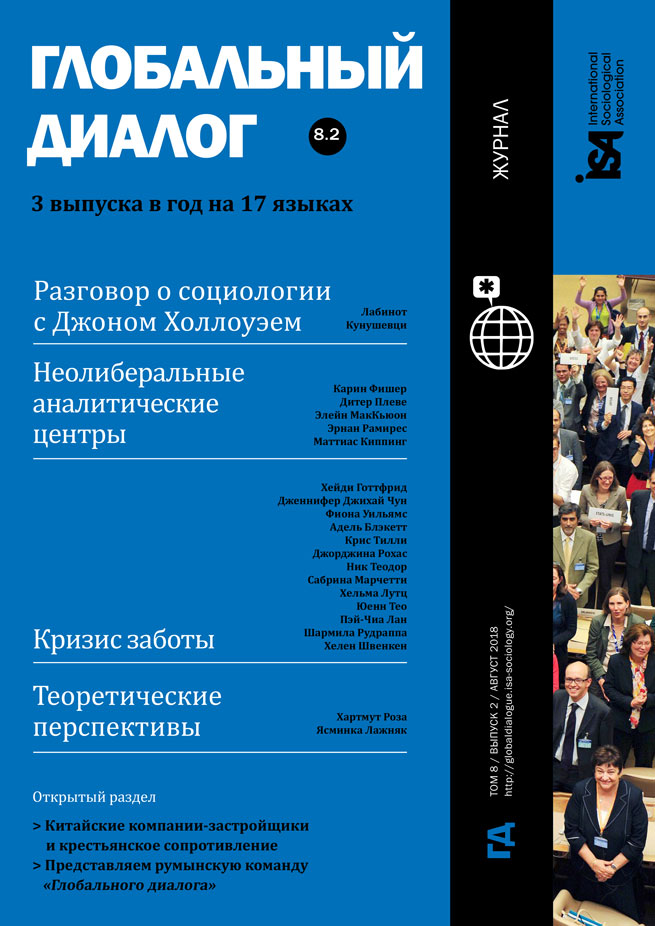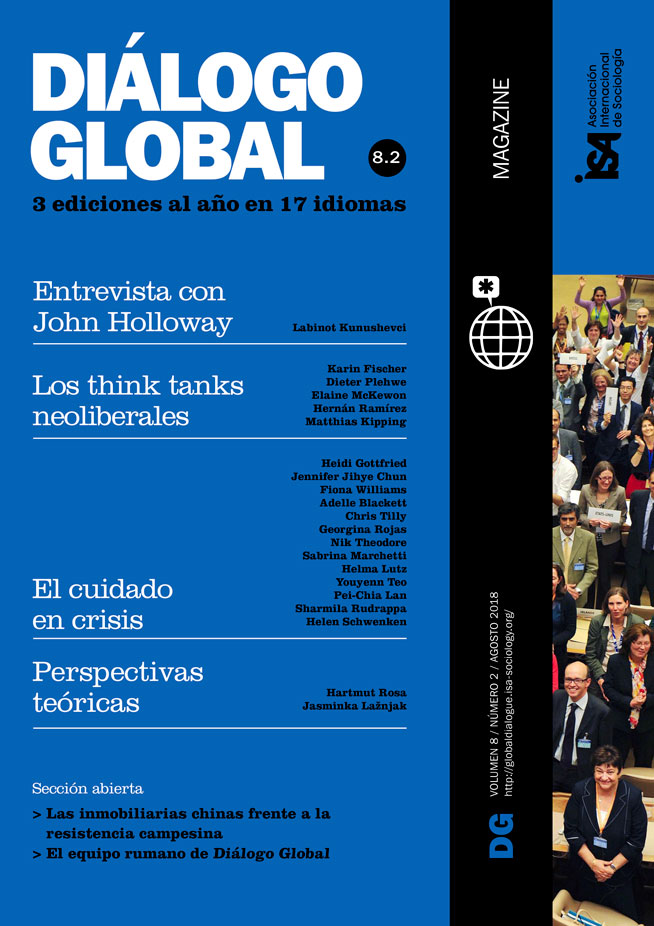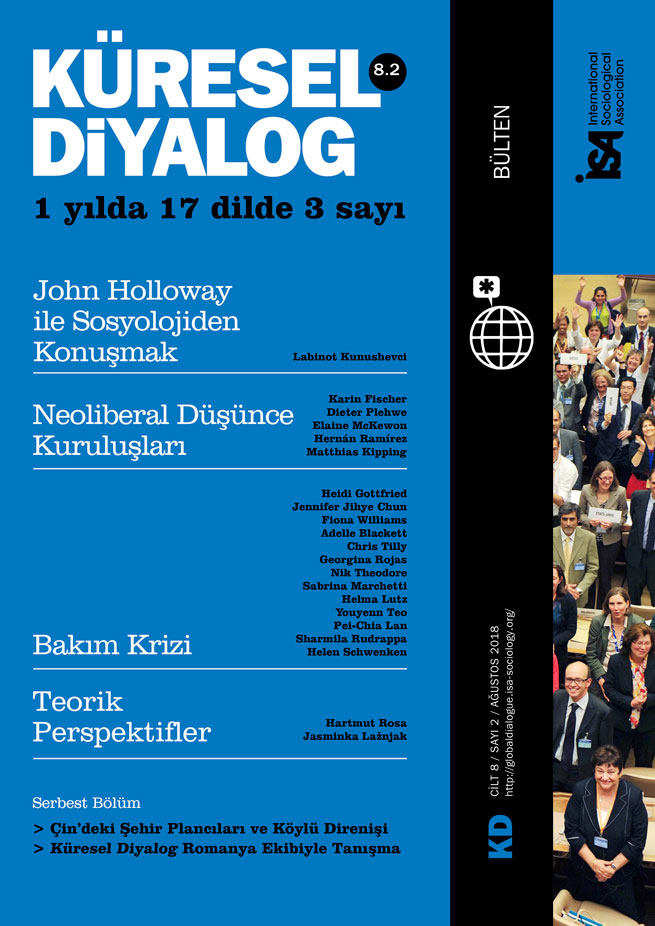Over the last fifteen years, studies have focused on the consequences of single female migration for their families, in particular for their non-migrating children; however, the gendered experiences and practices of stay-behind fathers have hardly been investigated. In my study on female migrant care workers from Eastern Europe I look at fatherhood practices of stay-behind fathers and their experiences with lone parenting in the post-socialist situation where men – unlike before – are required to perform breadwinning masculinity.
During the transformation from “socialism” to a “free market” economy in most of Eastern Europe, state-guaranteed and financed social safety nets were abolished or significantly reduced. Millions of people lost their jobs as a consequence of reforms to the economic system. Economic changes also included the abolition of state provision in the care sector: many kindergartens and schools were closed or privatized. With the adoption of a new political system came the rejection of “socialist matriarchy” and the re-introduction of traditional hegemonic masculinity, grounded in the ideal of the single male breadwinner. Under economic pressure, this ideal became difficult to fulfill and the large-scale migrations of men can be understood as attempts to meet the new standards of masculinity. At the same time, women – among them many mothers – started to migrate in even larger numbers, which can be seen as a continuation of their former co-breadwinner identity. In these cases, how do their husbands/partners experience the absence of their wives? Are these fathers subject to associated fears of losing their hegemonic masculinity? How is daily, hands-on care practiced in such families?
Styles of stay-behind fathering
The study describes three types of care practices of stay-behind fathers: the “lone parent,” the “father commander,” and the “involved father.” The first is the case of Costica, the “lone parent.” Costica is a well-educated farmer in Moldavia who takes care of his three children as a lone parent. His wife left the family behind for many years when she worked as an undocumented care worker in an Italian family. All three children are involved in the work on the farm and the household; the father assigns the tasks but makes sure that work is divided equally and that schoolwork is not neglected. He does not question the necessity of caregiving to his children, but emphasizes his incapability of providing it like a mother. The father feels guilty that – as he puts it – he is robbing his children of their childhood. He compares his fathering practices to a carbon copy of mothering care and emphasizes his deficiencies.
The second type, the “father commander,” is much more widespread than this lone fathering type. The Ukrainian father Sergij, a former teacher, runs his own business during his wife’s shuttle migration as a domestic worker to Poland; he delegates the hands-on caring tasks partly to his parents-in-law and partly to the children and prides himself on avoiding household work. He presents himself as an expert in managing the mother’s absence by giving instructions to his family members; in his own words, he is commanding the troops. As soon as his wife returns, household and childcare responsibilities return to her. His fatherhood practice is in accordance with the gendered task distribution of traditional hegemonic masculinity.
A third type, the “involved parent,” which was very rare in the sample, is the case of Pawel, a Polish technician who stays behind with his five-year-old son when his wife works as a (circular) domestic worker in Germany. Like the majority of men in his situation, he keeps his job as supervisor in a car factory where he works in day and night shifts. Pawel takes pains to do justice to the care requirements and to all household and caring tasks; in his own words, he wants to manage alone. As an involved father he prides himself in doing both – bringing up his son and standing his ground at work – with all the complications that are usually associated with single mothers.
Negotiating care performances
From these case studies, the differences between the fatherhood practice of the “involved father,” the “father commander,” and the “lone parent” become evident. What they have in common is the insistence on doing paid work, and hence the attempt to meet the hegemonic ideal of fatherhood even when this is eroded and financially not opportune. While Pawel takes charge of the “motherly” care tasks, the feminine coding seems to be unproblematic; but his care model collides with the demands of his workplace, and in this sense his experience equates to that of working mothers who suffer from a double workload. Sergij rejects any hint of role-swapping or attempting to replace the mother from the outset, and instead tries to uphold the outward appearance of sole breadwinner, despite the fact that the reality is otherwise.
I claim that the fatherhood practice of Pawel and Costica can certainly be called equal to that expected of a mother – a practice deriving from the co-breadwinner families under state socialism, where it was not an ideal but a practical reality. Given the current hegemonic fatherhood ideal, it is obvious that stay-behind fathers have little or no chance of being recognized as pioneers of modified fatherhood practice. Instead, they must protect themselves against the discrediting experience of being excluded and labelled wimps – and as a consequence of this, they do not question the current hegemonic model.
All in all, the cases illustrate two aspects of migration. Firstly, the emotional toll and the practical strain that family members experience in the context of family fragmentation. Stay-behind fathers must negotiate their caring performance not only with their partners but also in their neighborhood and the wider society. Because most Central and Eastern European countries consider the shuttle migration of women a “temporary absence” and refuse to acknowledge their economic contribution, these sending states deny special support programs to stay-behind families. Likewise, the beneficiaries of domestic and care work in receiving states are mostly ignorant of the emotional costs and struggles workers face. Secondly, when women become breadwinners, most sending societies realize that their absence at home causes lacunae and gender trouble. The upgrading and empowerment of fathering as dignified “work” could be an adequate response by the sending states; one which, alas, is nowhere to be seen.
Helma Lutz, Goethe University Frankfurt, Germany, ISA member since 1990, member of ISA Research Committees on Racism, Nationalism, Indigeneity and Ethnicity (RC05), Women in Society (RC32) and Biography and Society (RC38), and president-elect (2018-22) of RC05 <lutz@soz.uni-frankfurt.de>


